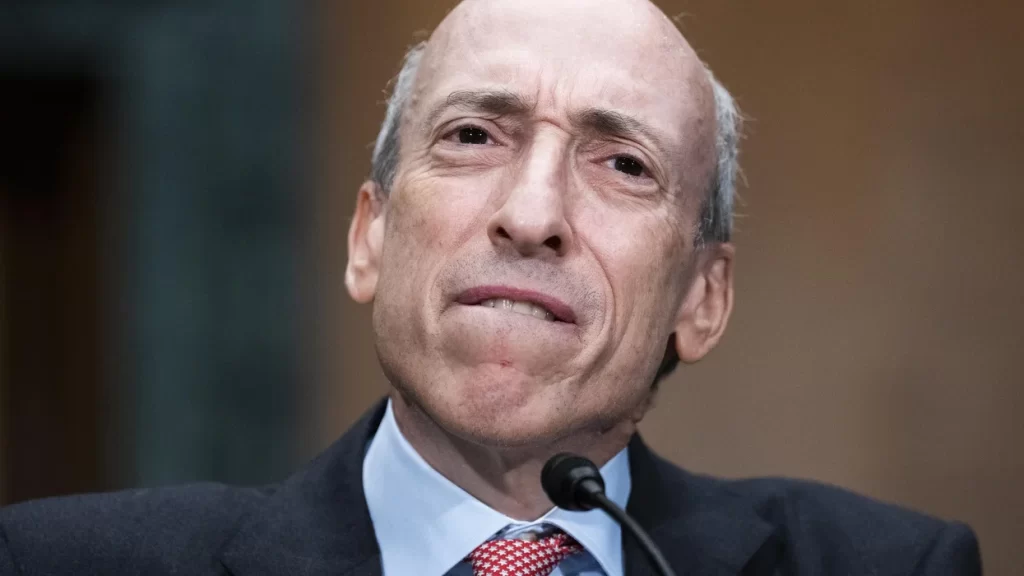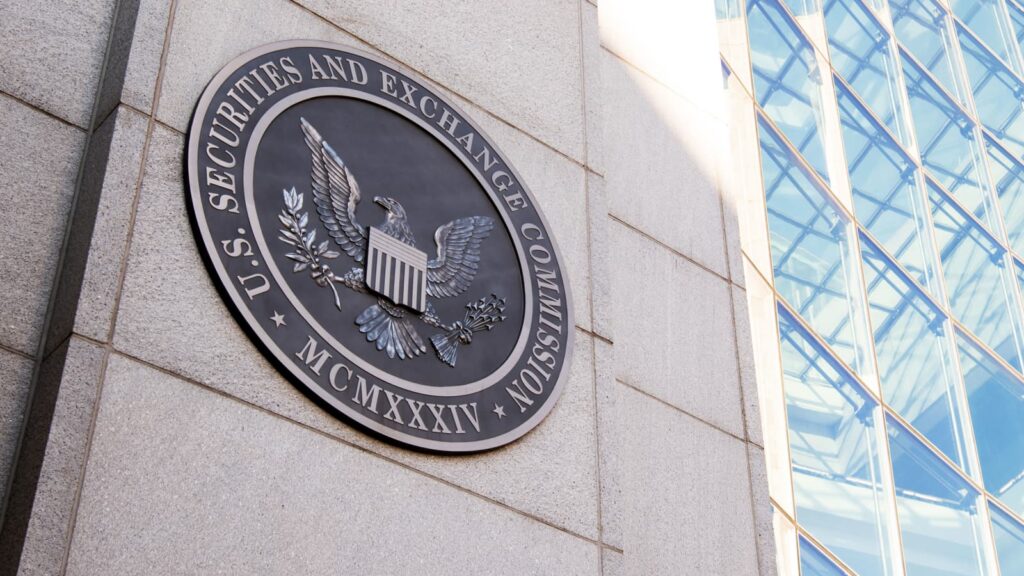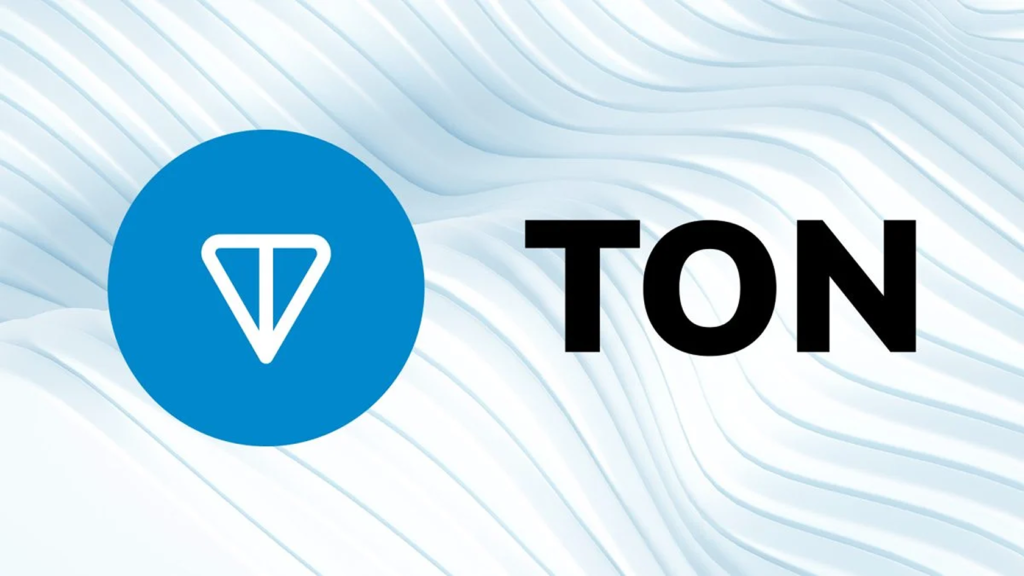Dubai, United Arab Emirate, September 26th, 2024, Chainwire
In many cases, crypto exchanges and the cryptocurrency industry in general have been criticized for lack of security. This is because, throughout the history of crypto, many scandals have occurred regarding security. Often crypto exchanges have failed to protect themselves and their users from cyber attacks, thus being hacked and losing millions. However, in recent years, with the increase in cryptocurrency adoption and the involvement of large institutions in the industry, security has begun to be taken more seriously.
To prevent such problems and to have high user security Bitunix the fastest-growing exchange in the world has successfully completed a thorough penetration test and bug bounty program in collaboration with Hacken, a major cybersecurity firm specializing in the blockchain and crypto industry. A penetration test is a planned hacking attempt on a system or network to find weaknesses and improve its security. As part of this test, the exchange underwent a thorough security audit to identify and mitigate potential vulnerabilities.
This 2024 penetration test shows Bitunix’s commitment to user security and the seriousness with which it treats this matter by taking a significant step in ensuring the highest standards of security for its users. It also proves that Bitunix security protocols surpass industry standards and that transparency is a priority for the exchange.
User Security Enhanced with Bug Bounty Program
Bitunix treats the security of user funds and data with the highest priority. Bitunix believes that exchange failures have increased user uncertainty, raising concerns about the security and integrity of platforms.
Therefore, in addition to the penetration test, Bitunix also implemented a bug bounty program, which will serve as an extra layer of defense for the exchange. Through this program, Bitunix encourages the global community of security experts and ethical hackers to continuously test the platform and report any issues or vulnerabilities.
According to Bitunix, this program strengthens the platform in terms of security, helping it to be one step ahead of any potential attacks and ensuring that any possible issues are quickly resolved before they can affect users. Furthermore, this demonstrates Bitunix’s commitment to safeguarding user assets by leveraging external expertise.
Bitunix Strengthens User Protection by Partnering with Hacken
User confidence and trust depend on how secure they feel; if security is not taken seriously by the exchange, this can lead to user uncertainty and panic. Cyberattacks can result in stolen assets and trust loss, leaving users unsure about their funds.
Therefore, as proof of its commitment to user security and following many efforts for users to have peace of mind, Bitunix has partnered with Hacken. From now on the latter will perform constant audits of the exchange. With Hacken’s ongoing audits, Bitunix is committed to maintaining a safe environment for its users. Hacken is a leading and trusted blockchain security auditor and plays a key role in securing digital platforms. This partnership with Bitunix, the fastest-growing exchange in 2024 underscores their dedication to advancing security standards within the digital finance sector.
“Our partnership with Hacken is part of our mission to provide the most secure trading experience possible”, said Arron Lee, Co-founder at Bitunix. “We’re ensuring that our platform stays ahead of cyber threats, giving users tranquility each time they trade.”
These steps to strengthen security have been made as part of the efforts to improve the overall experience of platform users since Bitunix has also recently launched its Proof of Reserves (PoR), in which case the exchange has verified that it has the reserves for users. This also shows the commitment that Bitunix has for full transparency with users. Furthermore, CoinGecko, a top cryptocurrency data aggregator and asset management platform, has ranked Bitunix as the 13th exchange globally based on trust score.
About Bitunix
Founded in 2021, Bitunix is one of the fastest-growing crypto derivatives exchanges in the world, achieving millions of users around more than 100 countries in just one year, and already offering over 250 coins for trading. Recently, major exchange rankings like CoinGecko have positioned it in the global Top 15 (by trusted rate).
Bitunix offers unique features that make it the most advanced crypto trading platform in the world (such as multi-window systems where the user can trade simultaneously on up to 8 different charts).
Thus, ease, security, and transparency are the main reasons why traders choose Bitunix for their daily trading, with advantages such as: Leverage up to x125, deep liquidity, lower trading fee, 24/7 customer support, reserve verification/audits, and a strong adherence to regulatory compliance.
Contact
COO
KX
Bitunix
kx.wu@bitunix.io








